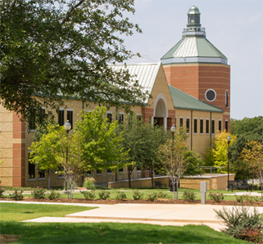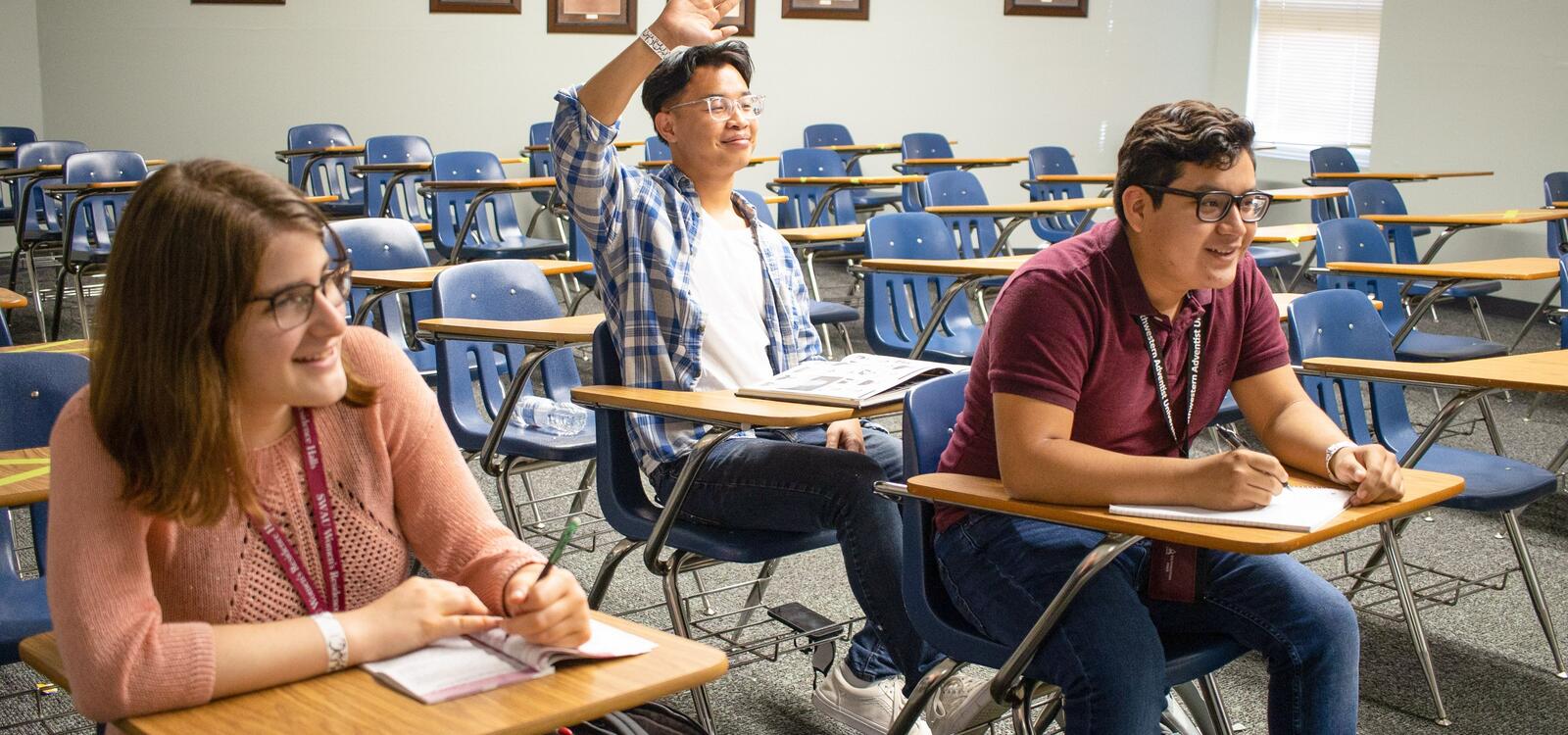Core Curriculum - Bachelor's Degree
Here is a list of classes you will need to take to meet the requirements for your general education classes in your bachelor's (four-year) degree.
CORE CURRICULUM FOR A BACHELOR'S DEGREE | |
|---|---|
I. English CompositionCourses in English composition will emphasize the practice of critical reading and effective writing. Select two courses: (6 hours)
| II. MathematicsCourses in mathematics will emphasize quantitative and deductive reasoning, problem solving and logical thinking, organizational and systematic thinking, and the application of mathematics to various life situations. Select one course: (3 hours)
|
III. Whole-Person WellnessCourses in fitness activity will emphasize practical knowledge and practices that will promote life-long whole-person wellness. Select two courses: (2 hours) | IV. HumanitiesCourses in the humanities will emphasize a reflection on the human experience and human condition through literary texts and artistic forms.
A. Literature Select one course: (3 hours)
B. Fine Arts Select one course: (3 hours)
|
V. Life and Physical ScienceCourses in science will emphasize understanding and application of everyday phenomena. Laboratories will be discovery based and emphasize the development and testing of hypotheses, or they may expose students to observational experiences that enhance scientific understanding.
A. Life Science Select one course: (4 hours)
B. Physical Science Select one course: (4 hours)
| VI. History and Social ScienceCourses in history and social science are designed to give students a broad understanding of the sweep of world historical, governmental, and cultural events. Through reading, lectures, discussions, and writing, these courses will enhance the critical abilities of students by providing tools and practice that are universal in application. Ultimately, students should be better able to understand contemporary events by grasping how historical, political, and cultural events have combined to create the world in which they live. A. History Select two courses: (6 hours)
B. Social Science Select one course: (3 hours)
|
VII. ReligionCourses in biblical studies will introduce the student to practical methods of Bible study, critical evaluation of scholarship and interpretation, and the richness and depth of the biblical text. Courses in theology will engage the student in a systematic approach to biblical matters, will have students explore different perspectives and relevant issues, and guide students to formulate personal viewpoints and positions. Courses in historical studies trace the origin and development of the Bible, Christianity, Seventh-day Adventism, and other religions.
Select four courses: (12 hours) A maximum of 2 courses can be taken in any one area. One course must be numbered 300 and above. Transfer students from a non-SDA college must complete one course for each academic year in attendance, with a minimum of 2 courses (one in Biblical Studies). A. Biblical Studies
B. Theological Studies
C. Historical Studies
| VIII. Competence in Computer ApplicationsStudents completing a degree must be proficient in the use of general computer applications and important software in the field of the student's major. Proficiency will be determined by the completion of a department-designated course or courses. Academic Departments must submit prospective courses designed to meet the Computer Applications Competency to the General Education Committee for approval. The Bulletin description of approved courses should include the statement “This course fulfills the Computer Competency requirement as specified in the Core Curriculum.” Unless specified in the major, the following courses meet the proficiency requirement.
_______________________________________________ |
IX. Competence in CommunicationStudents completing a degree must be proficient in the application of the principles of effective oral communication including discussion techniques and public presentations. Proficiency will be determined by the completion of a department designated course or courses. Academic Departments must submit prospective courses designed to meet the Communication Competency to the General Education Committee for approval. The Bulletin description of approved courses should include the statement “This course fulfills the Communication Competency requirement as specified in the Core Curriculum.” Unless specified in the major, the following courses meet the proficiency requirement:
_______________________________________________
Total GE Credit Hours: 46 | |




